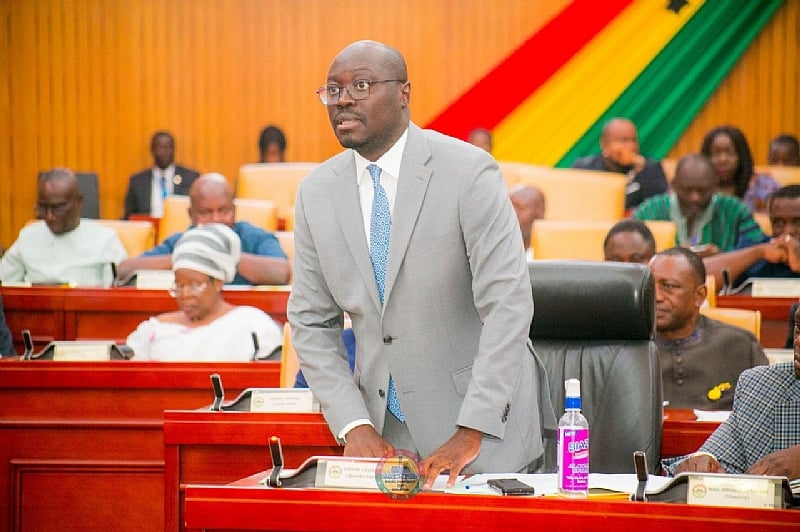Dr. Cassiel Ato Forson, Ghana’s designated Finance Minister, has sparked a renewed debate on the efficacy of the nation’s betting tax, asserting its minimal economic contribution and suggesting its removal would not negatively impact the Ghanaian economy. His statements, made during his parliamentary vetting, echo a campaign promise by President John Dramani Mahama to abolish the tax, framing it as a “nuisance” that generates less than GHC 50 million annually, a figure considered insignificant within the context of the overall national budget. This raises questions about the tax’s true purpose and its effectiveness in generating substantial revenue for the government. While acknowledging the need for fiscal prudence, Dr. Forson maintains that eliminating this relatively small revenue stream, coupled with appropriate adjustments in government spending, would not hinder the country’s economic progress.
The crux of Dr. Forson’s argument rests on the premise that the revenue generated from the betting tax is negligible compared to the overall national revenue, rendering its contribution almost inconsequential. He contends that the administrative costs associated with collecting this tax, coupled with its potential to discourage participation in the betting industry, outweigh the limited financial benefits it provides. Furthermore, he suggests that removing the tax could potentially stimulate the betting industry, leading to increased economic activity and job creation, ultimately offsetting the loss of revenue. This perspective challenges the conventional view of taxation as solely a revenue-generating mechanism and introduces the concept of strategic tax elimination as a tool for economic stimulation.
The debate surrounding the betting tax is not new, with proponents for its removal arguing that it disproportionately affects the youth, a demographic often associated with betting activities. They contend that the tax represents an additional financial burden on young people, many of whom are already struggling with unemployment and economic hardship. Abolition, they argue, would provide some financial relief and potentially encourage more responsible participation in betting activities. This argument aligns with the broader socio-economic concerns surrounding gambling and its potential impact on vulnerable populations.
Conversely, proponents of retaining and even increasing the betting tax argue that it serves as a deterrent to excessive gambling, thereby mitigating its potential negative social consequences. They believe that higher taxes could discourage excessive spending on betting and potentially channel funds towards more productive economic activities. This perspective, often championed by figures like Professor Stephen Adei, highlights the ethical and social implications of gambling and advocates for using taxation as a tool to regulate and control its potential harms.
The debate around the betting tax in Ghana highlights a broader discussion on the role of taxation in achieving both fiscal and social objectives. It raises questions about the balance between revenue generation and the potential negative impacts of certain taxes, particularly on specific demographics. The government’s decision on the betting tax will ultimately reflect its priorities and economic philosophy, balancing the need for revenue with the potential social and economic implications of maintaining or abolishing the tax. The debate also underscores the complexity of tax policy and the importance of considering its multifaceted implications beyond mere revenue collection.
The implications of removing the betting tax extend beyond the immediate financial impact. It delves into the realms of social policy, economic development, and even ethical considerations. The government must weigh the potential for increased betting activity and its associated social ramifications against the potential for economic stimulation and relief for those who participate in betting. This decision requires a comprehensive analysis of the betting industry’s contribution to the economy, its potential for growth, and the broader social and ethical implications of gambling. The government must also consider the potential for alternative revenue streams and the overall impact on the national budget. Ultimately, the debate on the betting tax reflects a broader discussion about the role of government in regulating industries and balancing competing societal interests.














